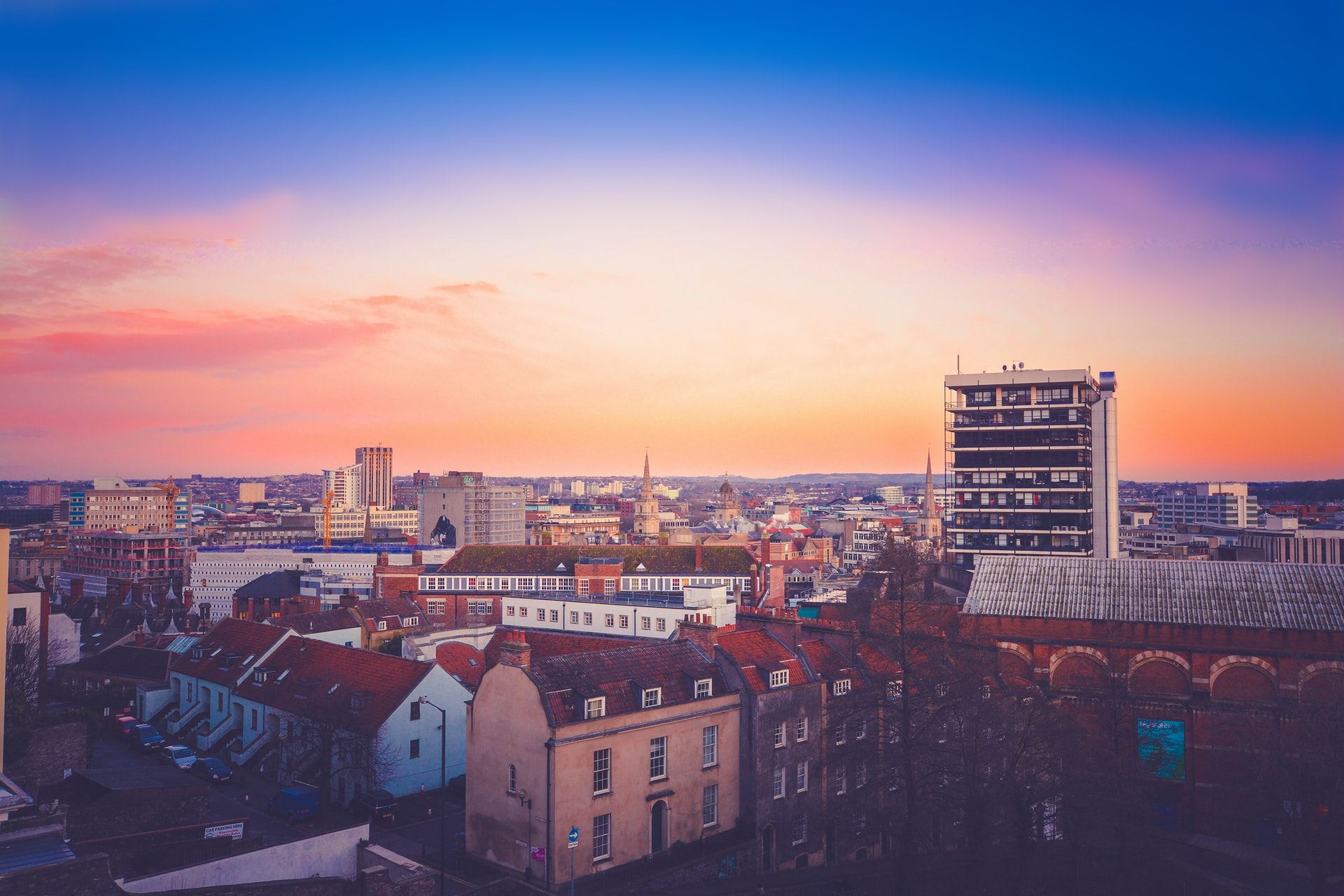Sustainable Development Goals
The UN Sustainable Development Goals (SDGs) are often referred to as the ‘closest thing the world has to a strategy’ for building a more environmentally sustainable, inclusive and prosperous world. As a city, we are proud Bristol has signed-up to the SDGs and the actions in our landmark One City Plan have been mapped against them.
The clear impact of the SDGs is that they interconnect. They recognize that ending poverty must go hand-in-hand with plans to improve population health and education, reduce inequality, and stimulate inclusive economic growth, at the same time tackling climate change. Learn more about the history of SDG implementation and monitoring in Bristol.
Local action
Bristol faces several financial and institutional challenges, that are also shared by other UK local authorities, in its ambition to accelerate local action in pursuit of sustainable development. However, partnerships offer opportunities for progress.
Bristol and the SDGs
A voluntary local review of progress 2022
SDG 1: No poverty
Ending poverty is a challenge faced across the country, including Bristol.
SDG 2: Zero hunger
Around 1 in 60 households in Bristol suffered from severe food insecurity in 2021 and 1 in 22 from moderate or severe food insecurity.
SDG 3: Good health and wellbeing
Data is only available up to 2020 but mortality in Bristol from causes considered preventable has varied little since 2015.
SDG 4: Quality education
Bristol is below the regional and national average for some of its 2019 education indicators.
SDG 5: Gender equality
From 2016 to 2020, the gender pay gap in Bristol shrank considerably..
Bristol and the SDGs
A voluntary local review of progress 2022
SDG 6: Clean water and sanitation
There is a long way to go before Bristol achieves its target of reducing water consumption to 110 litres per person per day by 2045.
SDG 7: Affordable and clean energy
Bristol’s electricity consumption is lower than the national average. However, the rates of fuel poverty in the city are increasing.
SDG 8: Decent work and economic growth
Bristol’s Gross Domestic Product rose between 2015 and 2017, before sliding back in 2020 in the wake of the pandemic.
SDG 9: Industry, innovation and infrastructure
Manufacturing Gross Value Added in Bristol increased slightly between 2015 and2020, with a peaking in 2019.
SDG: 10 Reduced inequalities
Although weekly wages in Bristol have increased, the earnings gap between the bottom 10% of earners and top 10% of earners has been rising..
SDG11: Sustainable cities and communities
Data on statutory homelessness suggests that the number of households per 1,000 assessed as homeless doubled between 2019 and 2021.
SDG 12: Responsible consumption and production
Bristol’s total collected waste increased by 10% between 2018 and 2021.
SDG 13: Climate action
Bristol has witnessed a 35% decrease in C02 emissions since 2010.
SDG 14: Life below water
The percentage of the water bodies that showed high ecological standards has increased since 2015.
SDG 15: Life on land
A disparity remains in the proportion of people from different socio-economic backgrounds who are satisfied with Bristol parks.
SDG 16: Peace, justice and strong institutions
Violent crime and sexual offence have risen since 2015, with Bristol’s figures above the national average.
SDG 17: Partnerships for the goals
Local and international partnerships are crucial to Bristol’s progress against the SDGs, and the One City Plan encourages their ongoing creation.
